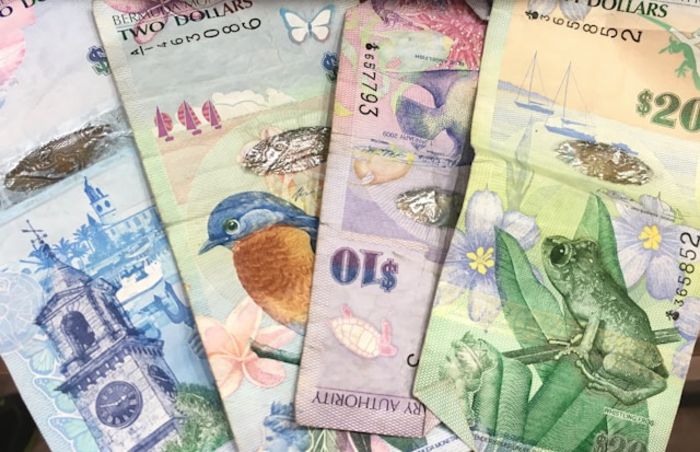Dr. Ya-Yen Sun is Associate Professor at the University of Queensland and is well known for her economic research on sustainable tourism. Moreover, she is a lead expert at the Tourism Panel on Climate Change (TPCC). In the 2023 Stocktake Report, she has analyzed how to optimize business models in tourism to achieve profitability while minimizing negative impacts on the environment and local communities. Lea Thin from TourismWatch spoke to her also about the chances of such a cost-benefit calculation to transform tourism.
Dr. Sun, in the 2023 TPCC Stocktake Report you evaluate the profit that tourism generates when taking into account ecological criteria. What is your conclusion?
Tourism is one of the most emissions-intensive industries, as the TPCC Report has once again shown. The travel sector incurs a higher environmental cost for every dollar earned compared to other industries. One key benchmark for assessing economic and environmental performance is the emissions-to-sales ratio. The lower the ratio, the better. In tourism, this ratio stands at approximately 1.0 kg of emissions per US-Dollar of sales. In contrast, the ratios for manufacturing (0.8 kg CO2e per US-Dollar), construction (0.7 kg CO2e per US-Dollar), and the global average (0.75 kg CO2e per US-Dollar) are significantly lower. (Note by editor: The unit CO2 equivalent (CO2e) was created to represent the effects of various climate effects and to make them comparable with the effects of carbon dioxide.)
In most parts of the world, environmental and climate protection is still voluntary for tourism businesses. What is necessary to convince a tourism provider to operate more ecologically?
If the environmental performance is factored into the overall calculation of touristic activities, it quickly becomes clear that conventional tourism in its current form is no longer profitable in the long run. Nevertheless, many municipalities and businesses will prefer to take the quick buck instead of including the long-term losses into their calculations. As long as operators benefit financially, while passing the cost of environmental damage onto the public, nothing will change. Our latest study on global large-scale tourism corporations, including hotels, airlines, and cruise lines, revealed that these businesses are progressing very slowly in reducing their energy use and emissions. However, this information is publicly disclosed in their financial reports and subjects them to the public pressure. This suggests that incentives are still rare to motivate these businesses to take action. It seems that regulations with effective enforcement might be the only mechanism capable of expediting progress in this area.
The impact of tourism on the ecosystem is complex - from emissions caused by travel to coastal erosion or biodiversity loss. What do tourism companies need to do in order to prepare their balancing according to ecological criteria?
Carbon emissions are a reasonable proxy for estimating the total environmental impact that tourism businesses may generate. Initially, direct greenhouse gases are considered, which are emitted directly by a company, such as through company-owned vehicles. It becomes more complex with indirect greenhouse gases, which arise from the acquisition of electricity, heating, or cooling, as well as procurement such as food. However, by switching to renewable energy sources and carefully selecting suppliers, these emissions can be reduced.
People argue that the ecological damage is worth (or at least a necessary sacrifice for) the many jobs that tourism creates. How do you deal with this argument?
Reducing ecological damage does not mean eliminating tourism. On the contrary: I believe that embracing sustainability signifies a rebirth for businesses, a process that will even support the creation of more and new jobs: jobs for individuals who audit and monitor a company's carbon footprint and also jobs for people who innovate and produce the most energy-efficient equipment and operational procedures. Also new jobs are needed for those who implement interventions to encourage more environmentally friendly behavior among customers.





![[Translate to english:] Computer](/fileadmin/tourismwatch/_processed_/5/8/csm_john-schnobrich-FlPc9_VocJ4-unsplash_f4703f8594.jpg)